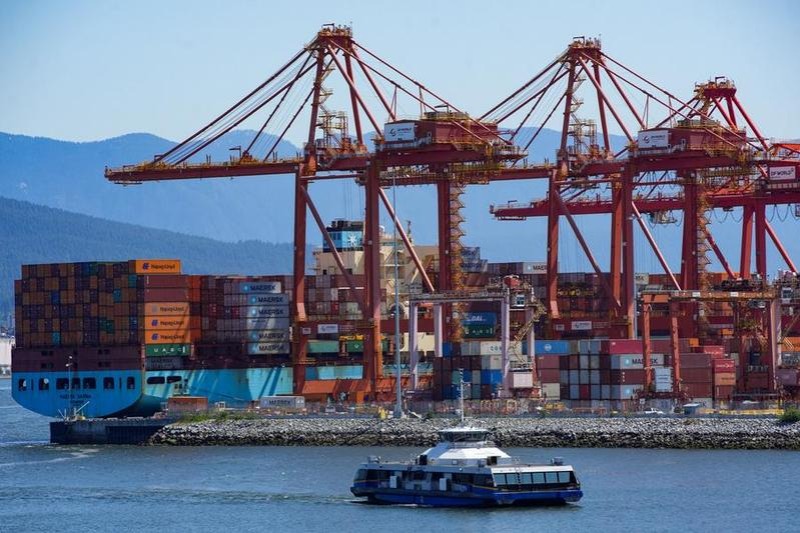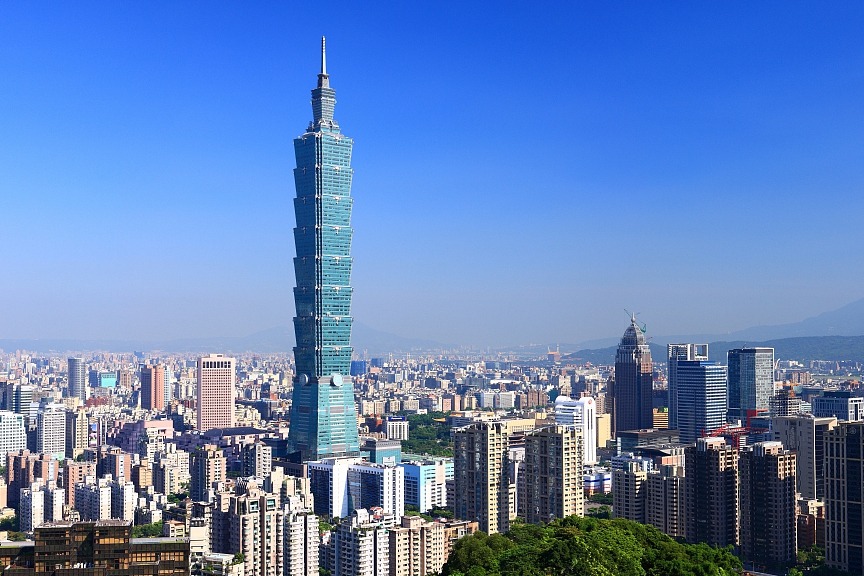Grounds for optimism
As living in another country shows, mutual understanding is built on respect and openness


Looking back at my teaching career in China, which spans more than six decades, I have one overwhelming feeling. It is that I've been greatly honored to witness such remarkable progress in a great country that was very poor when I first arrived in 1964 but is now at or near the top of the world in terms of education, economy, technology and geopolitics.
I'll never forget my first visit to China in 1964. As we landed in Beijing, at a very old-fashioned and quite small airport, we were met by a team led by Wang Zuoliang, a distinguished scholar and dean of the English Department of the Beijing Foreign Languages Institute (now the Beijing Foreign Studies University). To my shame I did not realize how distinguished he was. But I do know that he showed great knowledge of Cambridge and England, where I lived, and was very kind to my late wife Alyce and me.
Over the two following years, our family was transformed by the birth of our first son, Stephen, one of the first Australians born in the People's Republic of China. But my personal transformation was greater. From being quite critical of everything Chinese, regarding it a bit like another planet, as so many did in the West in those days, I began to understand and appreciate China's points of view. I came to admire and love my colleagues and students and made many friends. Though many have now passed away, some remain friends to this day. The lesson is that it is important to live in a country and live among a people to understand and appreciate them fully.
I have returned to China almost every year since 1977, teaching, researching, traveling and taking part in conferences. All I can say is that my admiration for China and its people has continually grown over the years. I realize that there have been ups and downs. The decade of the "cultural revolution" (1966-76) was detrimental to China's society and development. But overall, China's growth has been rational and underpinned by the good policies and governance of the Communist Party of China.
Since the 1960s, I have taught many times in China, not only at the Beijing Foreign Studies University, but also at the Renmin University of China and other units.
I'm always impressed with how students and colleagues help each other. Though most live on campus over the years, they get on well and cooperatively. I think this is due to the harmony and peace which is taught in Chinese culture, which emphasizes the community over the individual and stresses the need for large numbers of people to get along with each other without quarreling. I'm also impressed with how respectful they are to each other, and to foreigners.
Students, with very few exceptions, are very hardworking. They are always well prepared for class, and it is rare for them not to complete assignments on time. Very few indeed drop out of a course once begun. Over the decades I have been teaching in China, levels of literacy and education have risen greatly and people have become much more interested in the outside world, especially the West. Women have tended more and more to dominate the language and social science classes I have taught.
As for the economy, the miracle of China's economic rise from a poor country to being the world's number one if measured in purchasing power parity (in other words what you can actually buy with money) has become among the most important trends in the world today, if not the most important. It is obvious, among other factors, in the rising standard of living of the people, the growth of the middle-income group, the improvement of the infrastructure, including the most wonderful high-speed railway system in the world, and the fact that hundreds of millions of people have been lifted out of absolute poverty. If this does not amount to progress on a miraculous scale, I don't know what does.
I'd like to add that many US citizens and other Westerners assume the credit for China's rise belongs to them, not to China. Had it not been for the United States opening to China in the early 1970s, they argue, China would still be poor. Well, I think they deceive themselves. No doubt the opening of the West to China helped, but the main reason for China's rise is the hard work of the Chinese people, supported by good policies and the effective leadership of the CPC.
As an Australian, I've always been very concerned about my country's relations with China. From the time of the establishment of diplomatic relations in 1972 to about 2015, the relationship was mainly very healthy. In general, there was good mutual trust between the two countries. Cultural and educational exchanges thrived. China became Australia's largest trading partner, while China became its biggest source of international students.
Events from about 2015 to the COVID-19 pandemic (approximately the end of 2019 to early 2023) undermined mutual trust, though bilateral trade continued to grow. Scott Morrison, who was Australian prime minister from 2018 to 2022, seems to me to have gone out of his way to insult China over a range of issues. For instance, in September 2021, he reached the AUKUS agreement with the US and the United Kingdom. Under this arrangement, Australia will spend exorbitant sums of money on nuclear-powered submarines, accessing US and UK nuclear technology.
In three ways I strongly criticize AUKUS. One is the implication that China, which is apparently the target of this defence arrangement, is a military threat to Australia. This is nonsense. The revival of the "China threat theory" is unfortunate and very damaging to relations with China. The second is the acquiring of nuclear-powered submarines is provocative and dangerous. Third, the symbolism is that Australia is turning back toward old allies such as the UK and the US, and away from Asia, especially China. And we can see this year that the antics of US President Donald Trump have made the US into a very dangerous country in various ways, especially in the damage it is doing to the world economy.
Still, both Anthony Albanese and the opposition leader Peter Dutton have declared they want good relations with China. I have criticisms of both, including their support for AUKUS. However, Albanese's record otherwise shows some genuine attempts to restore a modicum of trust with China, and the minister of foreign affairs in his government, Penny Wong, appears to take a non-confrontative and generally sensible approach toward China.
It is obvious that good relations with China are in Australia's best interests. I acknowledge several bad signs but remain convinced that good sense will prevail. I think there are grounds for optimism over bilateral relations. That certainly remains my fervent hope.

The author is an eminent Australian sinologist and professor emeritus at Griffith University in Australia. The author contributed this article to China Watch, a think tank powered by China Daily. The views do not necessarily reflect those of China Daily.
Contact the editor at editor@chinawatch.cn.


































